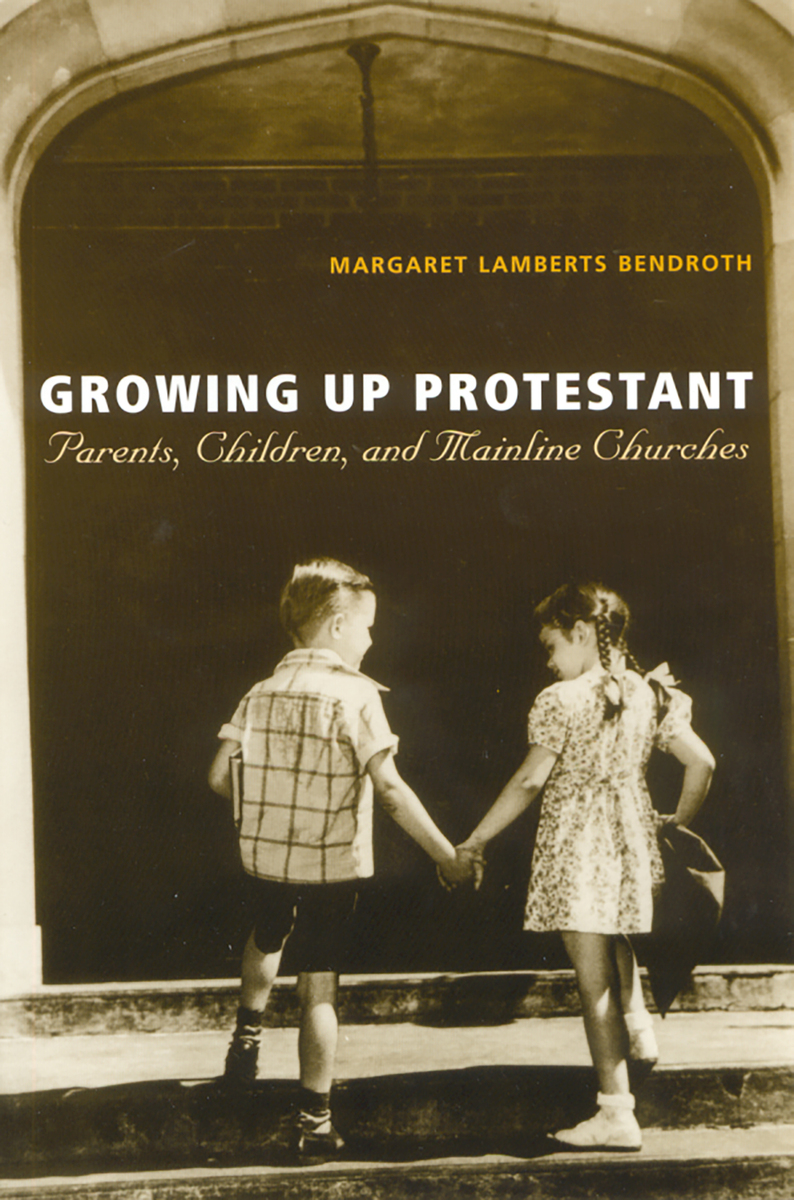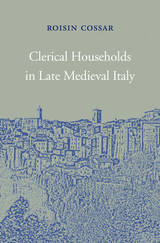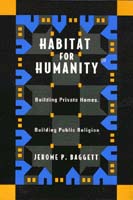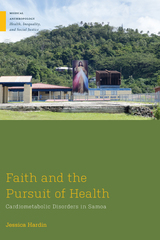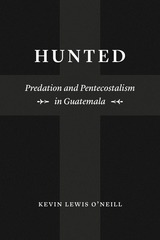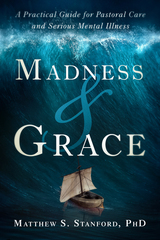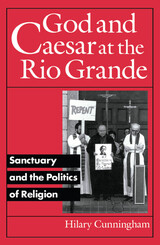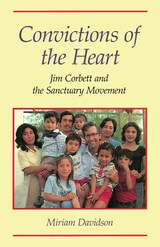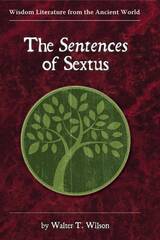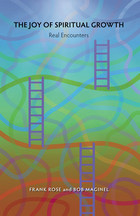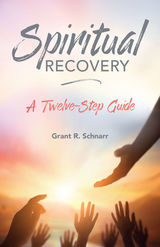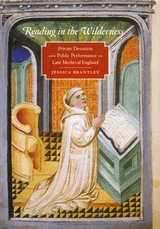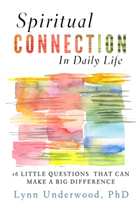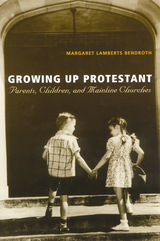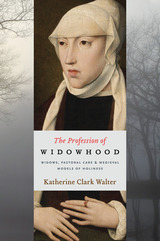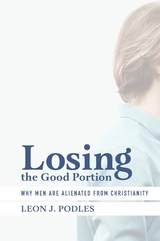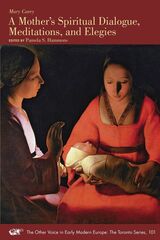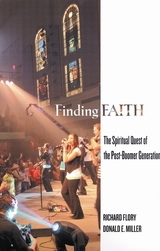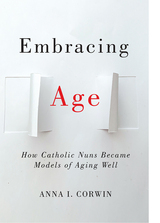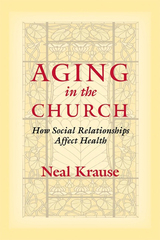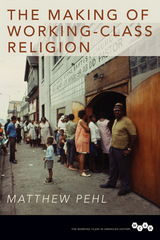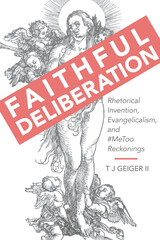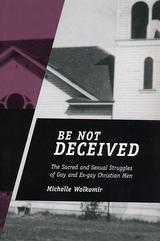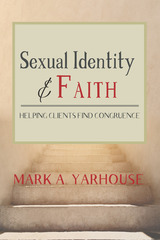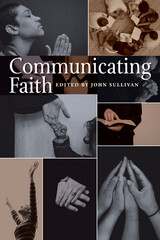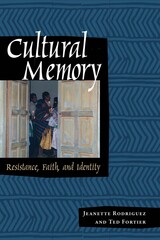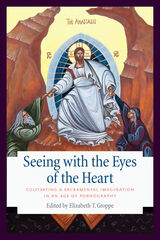eISBN: 978-0-8135-5674-1 | Cloth: 978-0-8135-3013-0 | Paper: 978-0-8135-3014-7
Library of Congress Classification BV4526.2.B44 2002
Dewey Decimal Classification 261.835850973
Home and family are key, yet relatively unexplored, dimensions of religion in the contemporary United States. American cultural lore is replete with images of saintly nineteenth-century American mothers and their children. During the twentieth century, however, the form and function of the American family have changed radically, and religious beliefs have evolved under the challenges of modernity. As these transformations took place, how did religion manage to “fit” into modern family life?
In this book, Margaret Lamberts Bendroth examines the lives and beliefs of white, middle-class mainline Protestants (principally northern Presbyterians, Baptists, Methodists, and Congregationalists) who are theologically moderate or liberal. Mainliners have pursued family issues for most of the twentieth century, churning out hundreds of works on Christian childrearing. Bendroth’s book explores the role of family within a religious tradition that sees itself as America’s cultural center. In this balanced analysis, the author traces the evolution of mainliners’ roles in middle-class American culture and sharpens our awareness of the ways in which the mainline Protestant experience has actually shaped and reflected the American sense of self.
See other books on: Bendroth, Margaret Lamberts | Mainline Churches | Parents | Protestant churches | Religious life
See other titles from Rutgers University Press
